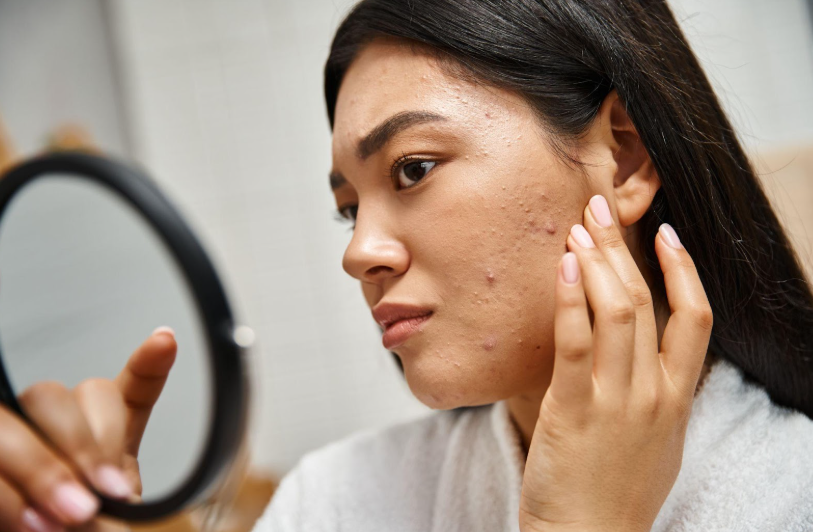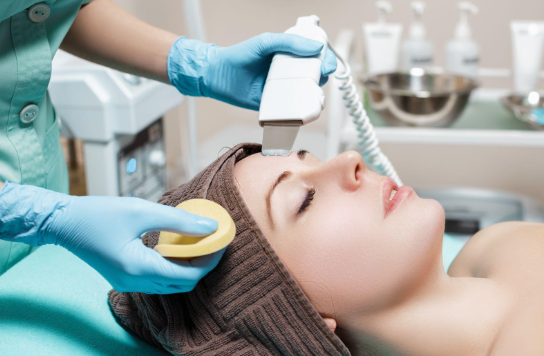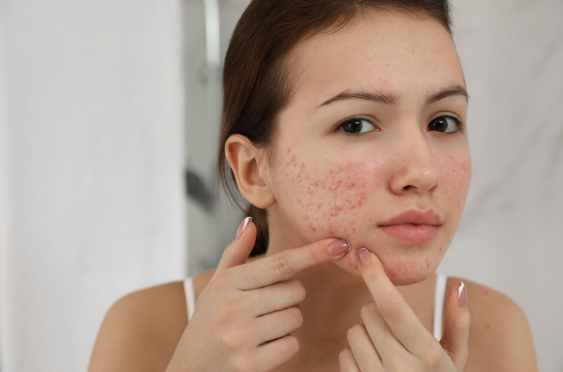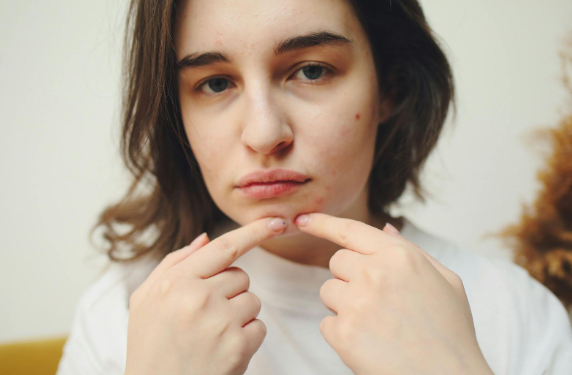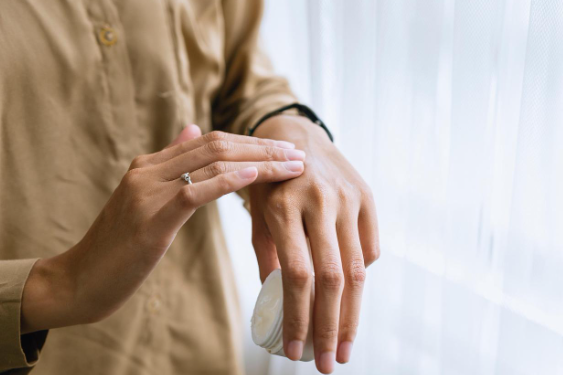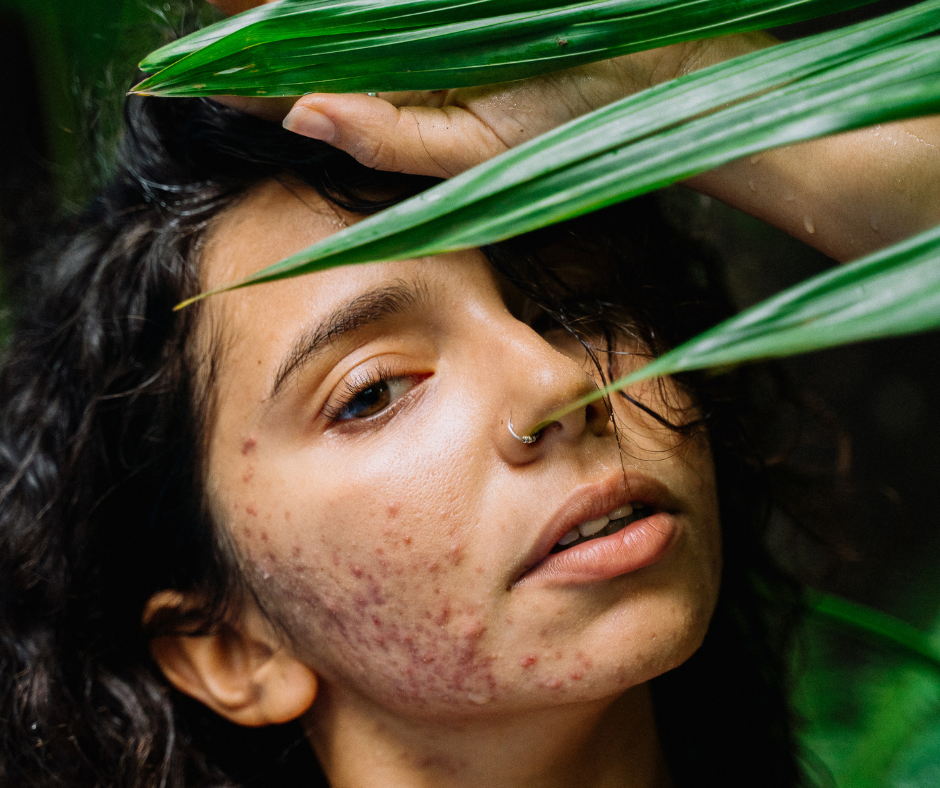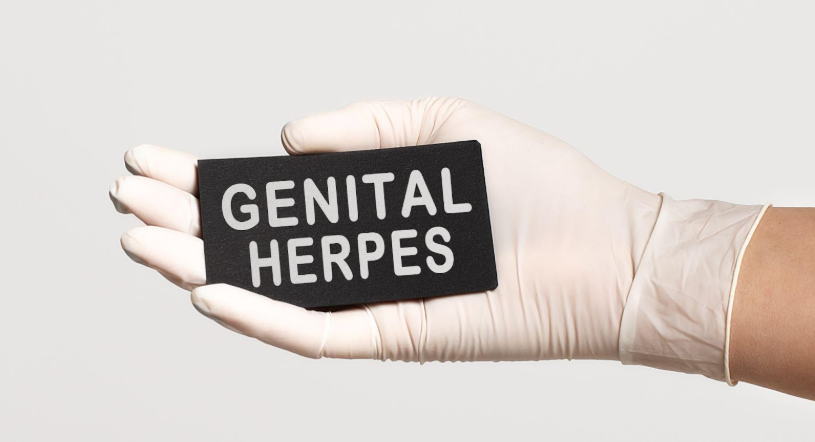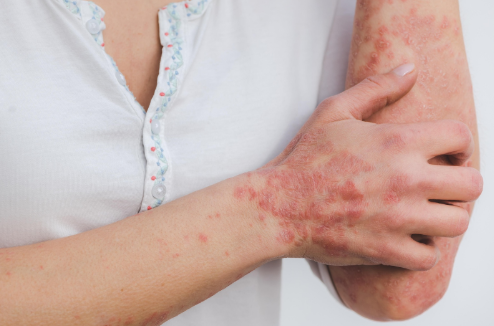Isotretinoin: FAQs

Frequently Asked Questions About Isotretinoin
A lot of people suffer from severe acne, which not only affects their appearance and self-esteem but could also their health. If you have been dealing with severe acne that is refusing to disappear, there are options available to help you restore your natural glow and finally feel confident in your own skin.
Isotretinoin is a medication derived from vitamin A that can be prescribed for severe cystic or nodular acne that does not respond to ordinary treatments. It is sold under multiple commonly known brand names, including Accutane, Claravis, and Zenatane.
Isotretinoin is a powerful drug that can be very effective in fighting severe acne that resists other forms of treatment. However, it is important to understand the proper usage and potential risks of this medication.
How Do You Get a Prescription for Isotretinoin?
Isotretinoin can be prescribed by a licensed family practitioner, but most prefer to leave it to a dermatologist. Physicians who specialize in treating the skin have the most training and experience in understanding the usage and risks of this medication.
Your physician is unlikely to recommend Isotretinoin for a mild or intermittent case of acne. Even in severe cases, most prefer to try other treatments first, such as hormones, laser treatment, and antibiotics.
Even with a prescription, you cannot receive your medicine until you complete the FDA’s iPLEDGE requirements.
How Do You Take Isotretinoin?
Before you take any medication, always take the time to carefully read your physician’s instructions and the manufacturer’s labeling. If you have any questions, ask your doctor or pharmacist. Always follow your physician’s instructions.
Normally this medication is taken twice a day orally via capsule. Swallow the capsule whole with a full glass of water. Take it with or without food, as directed.
Taking this medication in a different amount or manner than prescribed can have very different and dangerous effects. Your capsules should only be taken orally.
Never take medicine prescribed for someone else, and never let someone else take medicine prescribed for you, even for the same condition.
Never take medicine that is past its expiration date.
What Should You Do If You Accidentally Miss a Dose?
If you miss a dose of Isotretinoin, just take the next scheduled dosage at the normal time. Never try to “double-up” or take a “late” dose too close to the next dose. Concentrating your doses of this medicine will do much more harm than good.
What Are the Possible Side Effects of Isotretinoin?
Skin conditions are the most common side effect of Isotretinoin. Dry and chapped lips are normal, and dry eyes and dry skin are also very common. Other skin symptoms include itching, redness, and peeling. Isotretinoin can make your skin more vulnerable to sunburn and scarring from other skin treatments. We recommend avoiding dermabrasion, laser skin treatments, and waxing while taking Isotretinoin and for 6 months thereafter.
The most severe side effect of Isotretinoin is teratogenicity or the causing of birth defects. Some studies have also shown a correlation between Isotretinoin use and depression, anxiety, irritability, and psychosis. These effects are rare, but you should contact your doctor if you have any of these symptoms.
Some users have reported an association of Isotretinoin use with gastrointestinal changes such as inflammatory bowel disease (IBD) and irritable bowel syndrome (IBS). Minor side effects may include headaches, joint pain, vision problems, and sinus congestion. More serious but rare side effects may include hallucinations, severe stomach and chest pain, and liver problems.
Why Is Your Acne Getting Worse After You Started Taking Isotretinoin?
This is a common and temporary effect. Some patients see their symptoms worsen around the third or fourth week. This trend usually reverses itself, and most patients end their course of treatment with a positive outcome.
Isotretinoin is a powerful medication that should be carefully considered before taking it. You should be aware of the possible side effects and use it only as your physician directs. Although caution is called for, Isotretinoin is the most effective treatment available for chronic, severe, treatment-resistant acne. If you think you would benefit from this form of treatment, reach out to us at Pine Belt Dermatology today to learn more about the options available to help you achieve clearer skin.
